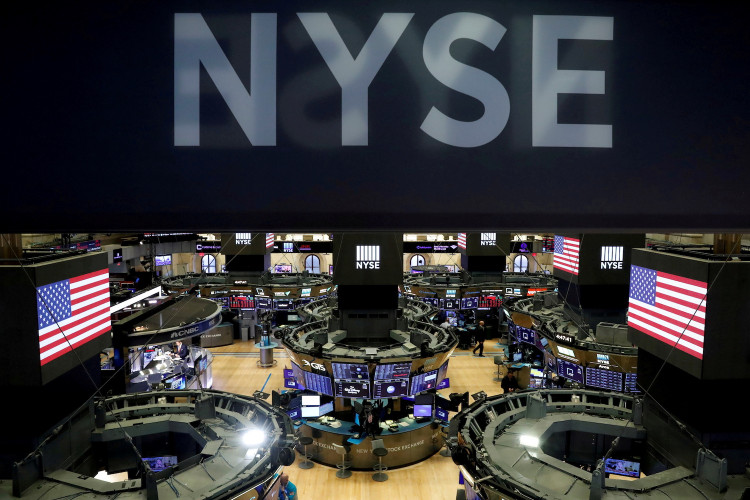A technical glitch at the New York Stock Exchange (NYSE) on Monday caused Warren Buffett's Berkshire Hathaway A-class shares to be displayed as plummeting nearly 100%, triggering a halt in trading. The issue, which also affected stocks like Barrick Gold and NuScale Power, was swiftly addressed, but it raised concerns about the reliability of Wall Street's trading infrastructure.
The NYSE clarified that the problem originated from price bands published by the Consolidated Tape Association (CTA), which provides real-time stock quotes for major exchanges. The CTA experienced a failure, necessitating a switch to its disaster recovery center. By 11:45 a.m. ET, the NYSE announced that the issue had been resolved and trading had resumed as normal.
Despite the alarming display, the technical glitch did not significantly impact the broader market. Trading of Berkshire Hathaway's Class B shares continued with only minor fluctuations, and the major market averages remained relatively stable. However, the incident underscored the potential vulnerabilities in the systems underpinning financial markets.
Joe Saluzzi, co-founder of Themis Trading, commented, "Berkshire, Chipotle, and a few others were halted for no apparent reason. Something wacky is happening." He emphasized that while the broader market remained unaffected, such issues highlight the fragility of market operations.
This technical hiccup follows a series of similar incidents. Recently, the CME index data feeds froze for an hour, and a Nasdaq system error in December led to the cancellation of some orders. In January 2023, the NYSE faced another issue where the opening auctions for certain stocks did not occur properly.
Berkshire Hathaway's Class A shares, known for their high price tags, were particularly notable in this glitch. Last week, each Class A share was priced at over $600,000, reflecting Buffett's long-standing policy against splitting the stock to attract long-term, investment-oriented shareholders. The shares hit an all-time high of $634,440 on March 28.
Berkshire Hathaway issued Class B shares in 1996 to make investing in the company more accessible. These shares are priced at a fraction of Class A shares and have proven popular among smaller investors.
Despite Monday's disruption, the trading halt in Berkshire's Class A shares saw fewer than 4,000 trades recorded before it was paused. This limited impact highlights the resilience of the broader market and the robustness of contingency measures in place.
Barrick Gold and NuScale Power also experienced dramatic, albeit temporary, declines. Barrick Gold's shares were briefly displayed at 25 cents, down 98.5% for the day, while NuScale Power's shares were listed at 13 cents, also a drop of 98.5%.
The Securities and Exchange Commission (SEC) has not yet commented on the incident. Meanwhile, Nasdaq spokesperson Emily Pan confirmed that the issue did not originate from their systems.
The NYSE's swift resolution of the issue is reassuring, but it serves as a reminder that the technological backbone of the financial markets is not infallible. Investors and regulators alike will be keen to ensure that such disruptions remain rare and are swiftly addressed when they do occur.
Warren Buffett, who owns over 38% of Berkshire's Class A shares, has long been a proponent of stability and long-term investment. This philosophy has helped Berkshire Hathaway navigate various market fluctuations over the decades, including this latest technical hiccup.




